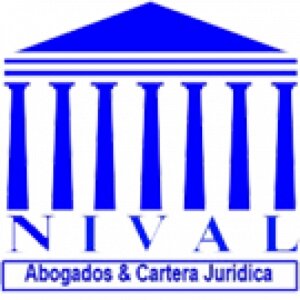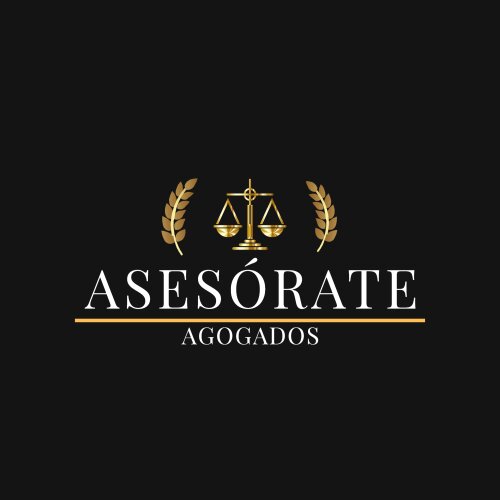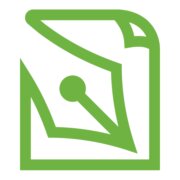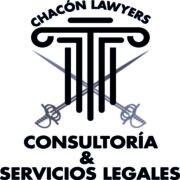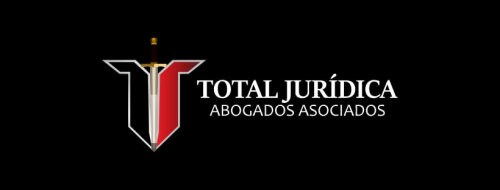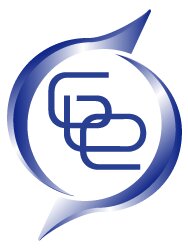Best Native People Lawyers in Bogota
Share your needs with us, get contacted by law firms.
Free. Takes 2 min.
List of the best lawyers in Bogota, Colombia
About Native People Law in Bogota, Colombia
Bogota, Colombia is home to a vibrant and diverse population, including individuals and communities who identify as Indigenous or Native People. Native People in Colombia are recognized by the Colombian Constitution, which guarantees specific rights, autonomy, and protections for their cultures, languages, lands, and forms of organization. In Bogota, many Native individuals have migrated from their ancestral territories, seeking new opportunities or fleeing conflict. This reality creates unique challenges related to cultural preservation, legal recognition, and access to services. Understanding Native People Law in Bogota is essential for upholding their rights and addressing the specific legal issues these communities face in an urban environment.
Why You May Need a Lawyer
Native People in Bogota may encounter various situations requiring professional legal support. Some of the most common reasons to seek a lawyer include:
- Recognition and protection of collective and individual legal rights
- Assistance in navigating governmental procedures for legal status, identification, or benefits programs
- Legal representation in cases of discrimination or violations of constitutional rights
- Support in land, housing, and property claims, particularly for displaced Native individuals
- Guidance in accessing educational, health, and social services
- Support for the preservation and practice of cultural identity in an urban setting
- Advisory for community organizations securing funding or partnerships
- Defense in criminal, civil, or family law matters involving Native individuals or minors
A qualified lawyer ensures the specific rights of Native People are respected and that legal procedures are followed according to Colombian law.
Local Laws Overview
Several legal frameworks are particularly important for Native People in Bogota:
- Article 7 of the Colombian Constitution recognizes and protects the ethnic and cultural diversity of the nation, safeguarding Native rights.
- Law 21 of 1991 ratifies Convention 169 of the International Labour Organization, which ensures Indigenous rights to land, culture, education, and consultation.
- Laws concerning autonomy and self-governance allow Native communities to preserve their own authorities, customs, and internal governance, even in urban areas.
- Legal guarantees ensure the right to prior, free, and informed consultation (consulta previa) for projects or decisions affecting Native People.
- Special court systems or legal dialogues often exist to respect and integrate traditional justice with formal judicial proceedings.
- Local and national agencies such as the Ministry of Interior, the Secretaría de Gobierno in Bogota, and the ONIC (National Indigenous Organization of Colombia) offer support and advocacy.
These laws and policies work together to provide a framework for the protection and promotion of Native rights within Bogota, but effective access requires awareness and sometimes specialized legal assistance.
Frequently Asked Questions
What rights do Native People have in Bogota?
Native People have constitutional rights to preserve their identity, languages, customs, and access public services with respect for their cultural background. Additional protections include rights to consultation, collective lands, and self-governance.
How can a Native person gain legal recognition or identification in Bogota?
Individuals can apply for recognition through the Ministry of Interior or National Civil Registry, often with support from municipal Indigenous authorities or organizations.
Can Native People access special public services or benefits?
Yes, there are programs for education, health, and social inclusion that specifically benefit Native People. Some require registration with Indigenous organizations or government agencies.
Are there specific protections against discrimination?
Colombian law prohibits discrimination based on ethnicity. Native People can file complaints with authorities or seek legal help if they face discriminatory treatment.
Can Native People practice their customs and traditions in Bogota?
Yes. The law recognizes the right to cultural identity and allows for the practice of languages, ceremonies, and traditions, even within urban areas.
What should I do if my rights as a Native person are violated?
Seek legal assistance immediately. Lawyers, NGOs, or Indigenous authorities can help file complaints with relevant governmental bodies or courts.
How does land or housing law impact Native People in Bogota?
Native People displaced from ancestral territories may have specific housing needs or compensation rights. Legal advice is essential for navigating urban housing programs and property claims.
Are there Indigenous community organizations in Bogota?
Yes, numerous organizations and councils represent Native People in the city, providing legal, social, and cultural support.
How is internal justice applied for Native People in Bogota?
While traditional justice is mainly recognized in Indigenous territories, mechanisms exist for dialogue between Native authorities and state legal systems in urban cases.
Where can I find legal help specialized in Native People rights?
Look for organizations, government agencies, or private lawyers with expertise in Native rights, urban Indigenous issues, or public interest law.
Additional Resources
If you need more information or help, consider these resources:
- Ministry of Interior: Handles general policy, recognition, and Indigenous affairs
- National Indigenous Organization of Colombia (ONIC): Advocacy, support, and legal advice
- Secretaría de Gobierno de Bogotá: Offers programs and assistance for Native residents
- Defensoría del Pueblo (Ombudsman): Receives complaints of rights violations
- Local Indigenous Cabildos: Community-based organizations offering direct support and guidance
- Fundación Ambiente y Sociedad: NGOs with legal and social assistance programs
Next Steps
If you believe you may need legal assistance as a Native person in Bogota, take these steps:
- Document your situation in as much detail as possible, including dates, individuals involved, and any supporting evidence
- Contact a specialized lawyer or Indigenous organization for advice on your specific case
- Utilize governmental channels such as the Ministry of Interior or Defensoría del Pueblo for guidance and to file complaints if necessary
- Connect with local Native organizations or cabildos for community support and resources
- Attend informational workshops or legal aid clinics geared toward Native People in urban areas
Securing legal advice can make a significant difference in protecting your rights and accessing opportunities. Do not hesitate to seek specialized support for the unique legal needs of Native People in Bogota.
Lawzana helps you find the best lawyers and law firms in Bogota through a curated and pre-screened list of qualified legal professionals. Our platform offers rankings and detailed profiles of attorneys and law firms, allowing you to compare based on practice areas, including Native People, experience, and client feedback.
Each profile includes a description of the firm's areas of practice, client reviews, team members and partners, year of establishment, spoken languages, office locations, contact information, social media presence, and any published articles or resources. Most firms on our platform speak English and are experienced in both local and international legal matters.
Get a quote from top-rated law firms in Bogota, Colombia — quickly, securely, and without unnecessary hassle.
Disclaimer:
The information provided on this page is for general informational purposes only and does not constitute legal advice. While we strive to ensure the accuracy and relevance of the content, legal information may change over time, and interpretations of the law can vary. You should always consult with a qualified legal professional for advice specific to your situation.
We disclaim all liability for actions taken or not taken based on the content of this page. If you believe any information is incorrect or outdated, please contact us, and we will review and update it where appropriate.




